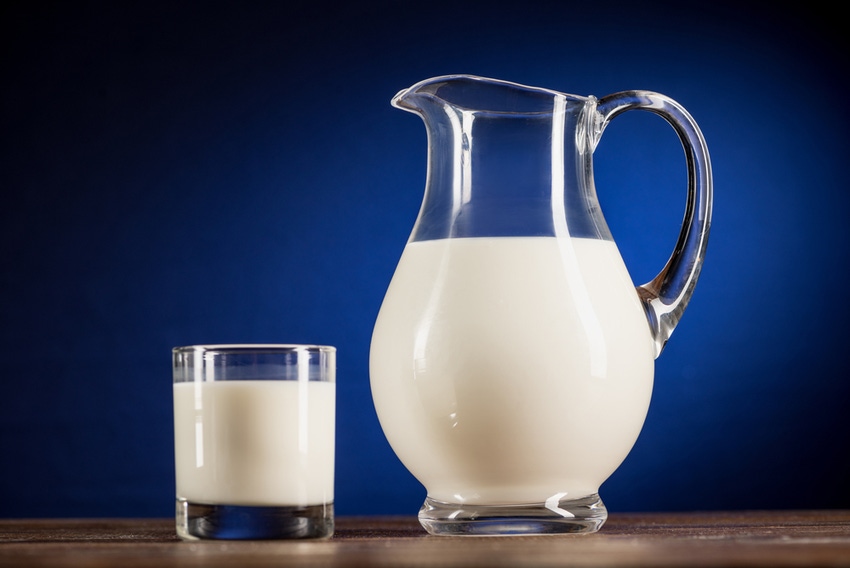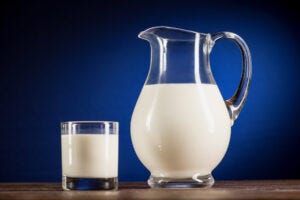Content Spotlight
Podcast: MilliporeSigma says education vital to creating unbreakable chain for sustainability
MilliporeSigma discusses the importance of people, education, and the benefits of embracing discomfort to bolster sustainability efforts.

The use of both animal and human milk as materials for pharmaceutical design is gaining attention in the life sciences space, says Exolitus.
Exolitus, a startup founded in 2020 as a spin-off from the Lithuanian University of Health Sciences, focuses on the large-scale manufacturing of native and engineered exosomes and other cell-derived nanovesicles from human and animal cells.
This includes milk, mushrooms, and plants for medicinal, nutraceutical, and cosmeceutical use. According to the firm, exosomes can be defined as nanovesicles made by cells and used by them to deliver bioactive cargo exchange.

DepositPhotos/alebloshka
“Milk is no exception” to this process, a spokesperson for Exolitus told BioProcess Insider, as “it contains numerous exosomes from milk-secreting cells. Exosomes from various sources, including bovine, ovine, goat, and human milk, are gaining more and more attention from life scientists and biotechnologists as a novel material for designing pharmaceuticals, nutraceuticals, and cosmetics. However, cell and extracellular biology scientists mostly work on human cell-derived exosomes, focusing on their role in human physiology and pathology.”
There are many advantages associated with using milk exosomes. One advantage is that it is a “very nutritious product full of biomolecules promoting growth, cell differentiation, immunity formation, and other processes essential for baby development,” the spokesperson said.
They added: “Many of these molecules are encapsulated in exosomes to protect them from external damage and keep their bioactivity safe. Some of them, such as micro RNRs, could not survive another way than in exosomes. Thus, milk exosomes are natural liposomes stuffed with regenerative molecules. They can be used for healing wounds, reversing aging processes, decrease inflammation. Besides, exosomes from milk can be exploited as drug carriers due to their natural capacity to penetrate into tissues and cells.”
However, a challenge faced when using milk exosomes is that they are often hiding among proteins and lipids. Therefore, “it is not so easy to get them out.” Additionally, “some of the proteins stick to exosomes making them larger and not so fast-moving and functional. Besides, milk exosomes are not suitable for people allergic to milk products,” said the spokesperson.
Despite its challenges, Exolitus maintained that “milk remains one of the richest sources of exosomes,” and when exosomes are collected and concentrated “their bioactive power becomes many times stronger.”
You May Also Like